1998 Cadillac Deville Alternator Wiring Diagram
Last Updated on April 23, 2020
The main functions of an alternator are to generate electricity for the electrical components of the vehicle and to charge its battery. The alternator produces this electrical energy by converting mechanical energy.
Looking for a good online repair manual?
Click Here for the 5 best options.
If you were to try and start your vehicle without an alternator, the battery alone would not be able to produce enough power to get the engine running.
Even if you had a new car battery and were lucky enough to turn the engine over, it would probably run for about 10 minutes before the power cuts out. The alternator is necessary to keep the battery recharged and to alternate the electrical current throughout the many components of your vehicle to keep them powered.
Causes of Alternator Not Charging the Battery
A lot of people get confused when they begin to have electrical problems with their vehicle. It's easy to misdiagnose these problems as being a bad battery instead of a bad alternator.
To understand the difference, you must first learn about what causes an alternator to stop charging. Then, you can inspect the vehicle and determine if the problem is your alternator.
Below are the top 5 causes of an alternator not charging:
#1 – Computer Error
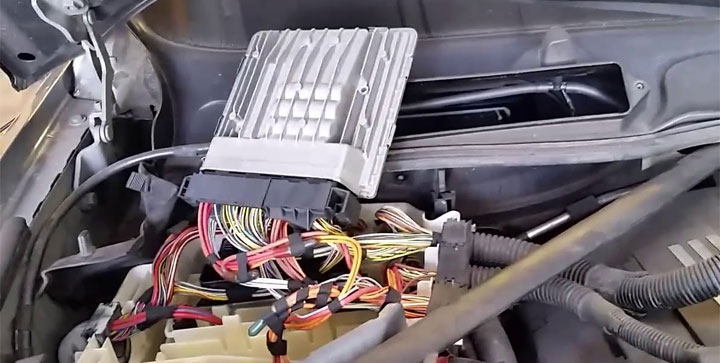
Most people are driving cars made within the last 20 years. These newer cars all have a central computer system or engine control unit (ECU) which manages and operates the vehicle's components and parts.
This computer manages the alternator as well. Therefore, all it would take is a computer error and the result would be a malfunctioning alternator, preventing it from charging.
#2 – Broken Belt or Pulley
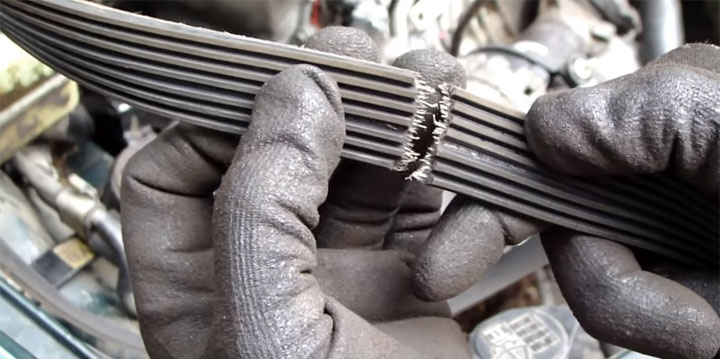
The belt and pulley produce the mechanical power which gets converted into electrical energy by the alternator. Your serpentine belt can easily break if it gets stretched out too much, causing it to snap apart.
The pulley can also get damaged after a while. In either case, the alternator will no longer be able to produce a charge for the battery.
#3 – Blown Fuse
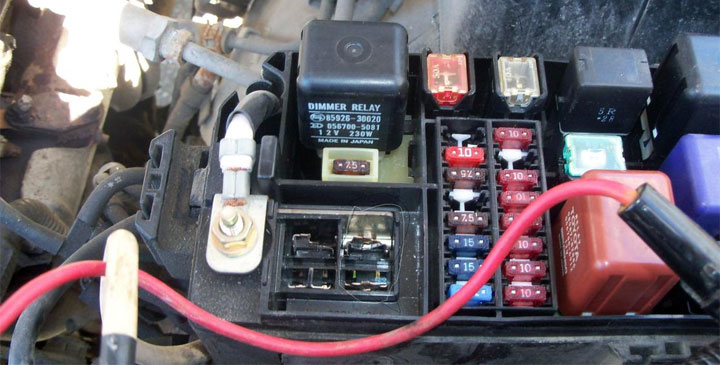
There are certain models of car which have alternators dependent on a particular fuse to operate. However, these fuses can blow due to a power surge or simply from old age. Once that happens, the alternator will no longer charge the battery.
Not all vehicles have these fuses, so you will have to check your owner's manual to see if your car has them. If so, this is well worth investigating in the event your car battery is not charging properly.
#4 – Wiring Issues
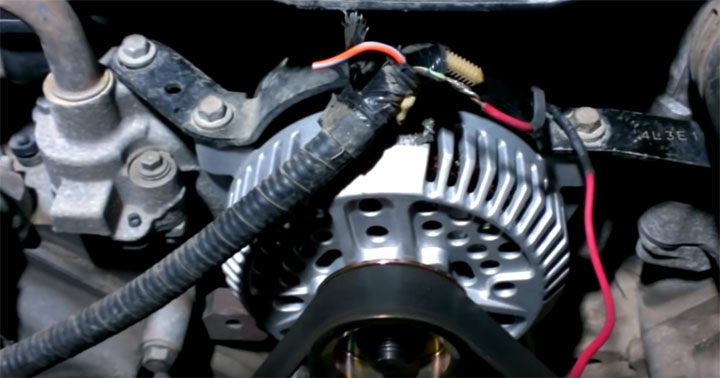
There are numerous wiring components in a vehicle that help produce power for the alternator. All it would take is for one wire to be disconnected or cut for power to stop being generated. As a result, the alternator won't be able to charge the battery until the wire is repaired or replaced.
#5 – Bad Alternator or Battery
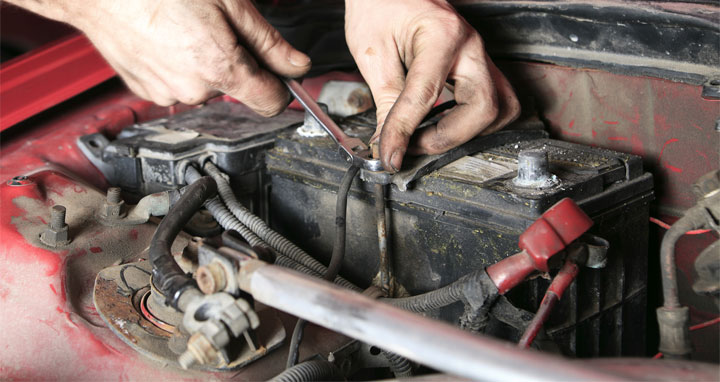
Alternators and batteries do not last forever, and each have their own lifespans. A car battery will last from 2 to 5 years, depending on how often you drive and the climate where you live. Batteries generally last longer in colder environments and shorter in hotter environments.
Alternators will on average last about 7 years or every 80,000 miles but there are always exceptions.
How to Fix
The most common reason for an alternator failing to charge a battery is one of them going bad. You can easily test the voltage by connecting a voltmeter to your battery while the engine is off. The voltage reading should be between 12 and 13 volts. You can automatically assume there's a battery problem when the reading is lower.
In the event your battery's good, start the vehicle and get the engine up to 2,000 RPM. This will put a lot more demand on the alternator. A decreasing voltage reading on your voltmeter indicates you have an alternator problem.
Source: https://cartreatments.com/alternator-not-charging/
Posted by: naheatherington.blogspot.com